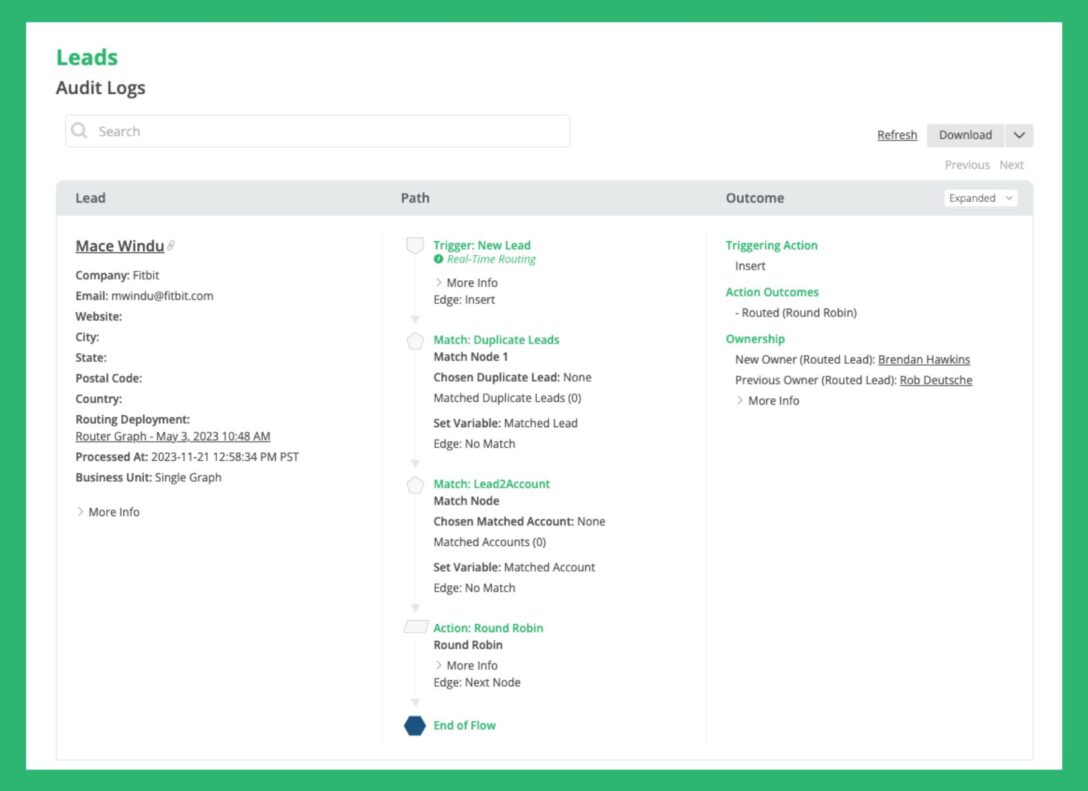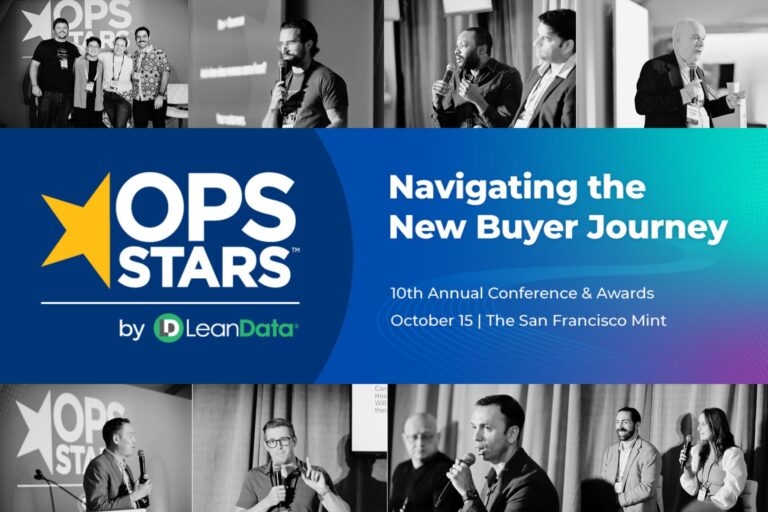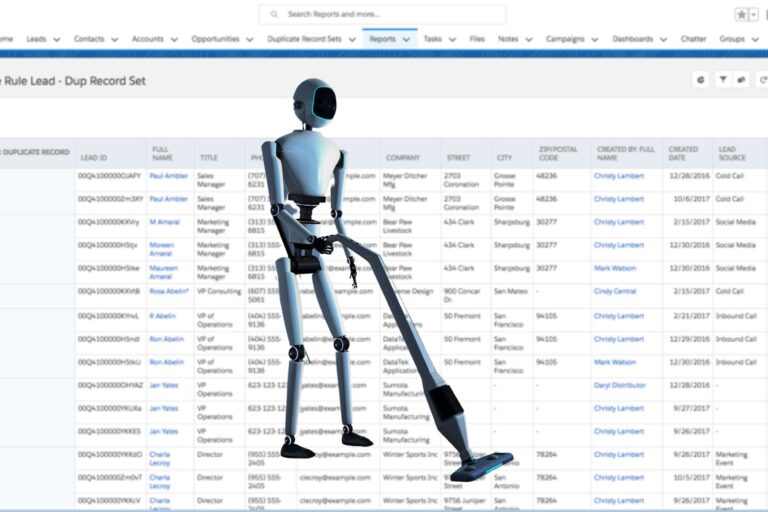There’s an essential need for Audit Logs in Operations.
Because sometimes things just don’t go to plan with our revenue orchestration processes. As operations professionals – be it RevOps, Sales Ops, Marketing Ops, Sales Development Ops or other – we’ve all been there.
Something breaks, or an unexpected, unintended outcome develops, and it threatens the efficiency and effectiveness of our in-market plays. It’s a pending crisis, if not an already full-blown crisis, and it demands our immediate attention to solve.
It’s precisely there, in that moment, that Audit Logs show their value as a sort of “command center” for your growth strategy and processes.
How Best Laid Plans Fall Into Chaos
Going to market both effectively and efficiently is no easy task. If it were, of course, everyone would do it. And, we know that’s not the case.
Well-thought, established plans evolve, and the causes are plenty. Typically, as organizations attempt to scale, growth plays and processes tend to become more complex. This forces operations to try new methods, test and learn, and iterate with agility.
Then, over time, there’s the accumulation of tech debt, process debt and people debt. In just a few years, a great many hands tend to touch your processes. People come and go as they transition into other roles and other companies. But, they leave a lasting mark on your processes. In building upon what others have built, and on which they built upon the work of others. Market plays are created that sometimes have unintended consequences downstream.
And, finally, of course, we, as administrators and operations professionals, are human, and as such we do make … the occasional mistake (hey, we’re all friends here, right?). It’s impossible to plan for every outcome and we can’t afford to do nothing and wait. So, based on experience, we take a shot and stay poised to adapt and fix as the need arises.
We usually discover something is wrong when the day-to-day users of our data experience an issue. As revenue orchestration processes are the underlying foundation of all revenue teams, implementing a quick fix becomes mission-critical.
Audit Logs to the Rescue
Effective problem solving starts first with identifying the root cause. However, when deploying a process that is business critical, you don’t have time to waste. There’s a premium placed on the ability to quickly audit, assess and correct.
Within LeanData’s revenue orchestration platform, anytime LeanData solutions process a record, there’s an extensive log entry of the data at the time it is processed. These log entries are comprehensive, detailing each decision made through automation and the resultant outcome – be it a success or a failure.
Error handler capabilities are found within Salesforce, but you have to build them. With LeanData, logs are created as soon as your data touches a LeanData solution, providing a lens for administrators to view what’s happening as it happens.
Additionally, LeanData Audit Logs are searchable. Searches allow those in operations functions to precisely determine what, if anything, needs to be prioritized for immediate inspection.
If an error occurs or some other unintended outcome is being realized, Audit Logs point to the specific problem. With the problematic flow identified, an administrator can suspend that motion until the root cause has been resolved.
Use Cases for Audit Logs
Audit Logs weren’t designed to solve problems. Rather, they were designed to help administrators understand the execution of automated flows.
If you want to understand how and why something in your in-market play is working (or not working), turn to your Audit Log first.

Day-To-Day
Look at Audit Logs to see how processes are working. Flows don’t have to be broken to not be working as intended. Given increasingly complex processes, it’s quite possible a flow is working, but it’s not as efficient as it could be, resulting in unnecessary delays.
Build Alerts Into Flows
Errors, of course, demand your understanding of the situation. A best practice is to build alerts into flows, triggering an immediate notification when an unexpected outcome or error takes place and an object is sitting stalled in the flow.
Looking at the error in question, an Audit Log takes an administrator through each decision path, explaining both the outcome and the determination of the next step. Using that information, an administrator can then identify the point along the flow where things went sideways.
Monitor When New Technologies are Added or Updated
Another key application of Audit Logs is to monitor flows whenever a new technology is integrated into your sales stack, or an existing tech solution is updated.
At LeanData, we recently had a vendor update to a marketing automation platform (MAP) that integrates with our Salesforce instance. During that update, an error occurred that resulted in 30,000 extra records being created. We identified the error using LeanData Audit Logs even though that MAP doesn’t integrate with LeanData’s revenue orchestration platform directly. However, the MAP touched our data. Luckily, the systemic Audit Logs driven by the LeanData platform identified the problem and led to the quick fix.
Taking the Pulse of Your Revenue Orchestration
Audit Logs allows operations functions like RevOps to ensure the organization’s systemic data is moving and behaving as expected.
Audit Logs serve as an early warning system whenever process errors occur, unanticipated downstream impacts crop up, or system integration problems arise.
Hopefully, Audit Logs provide confirmation and peace of mind that everything in a play’s flow is working as designed and expected. But, when those unforeseen events do occur, Audit Logs come to the rescue, allowing for a quick root cause identification and corrective action.












